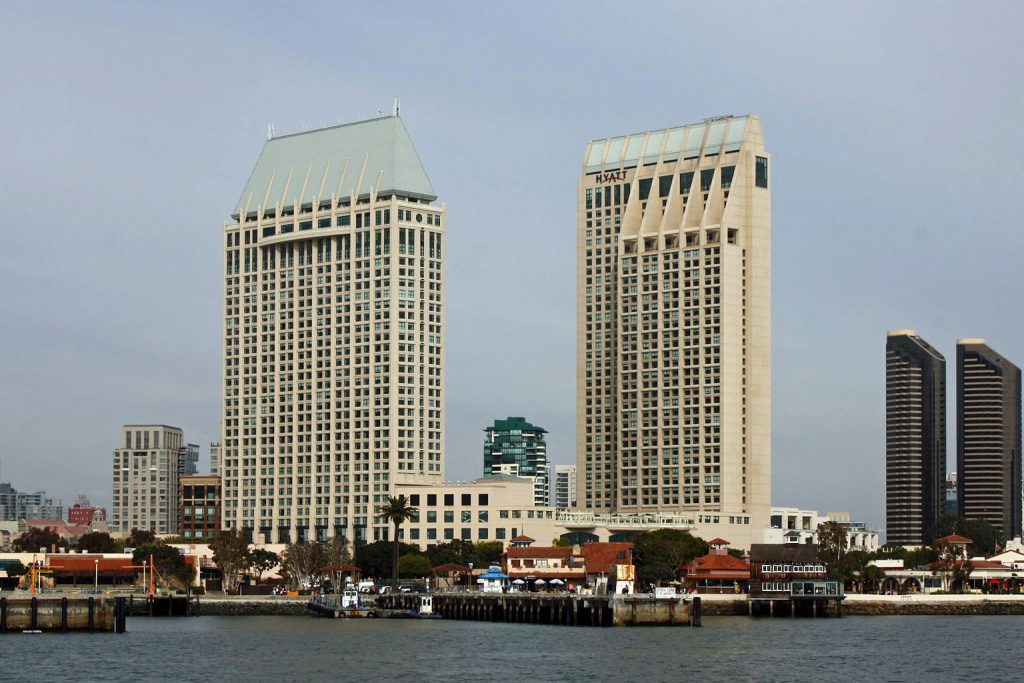Host Hotels CEO: Group Business Travel Will Be Last to Recover But Remains Key to Industry

Skift Take
Group travel is crucial for massive convention hotels to bounce back from coronavirus, but a vaccine or treatment is needed before major bookings materialize.
One of the largest U.S. lodging real estate investment trusts expects leisure travel to bounce back from the coronavirus downturn in travel first, but the company is still banking on business group bookings.
Host Hotels & Resorts, owner of hotels like the New York Marriott Marquis and the Manchester Grand Hyatt San Diego, lost $630 million in group bookings in the first quarter, the company announced Friday during an earnings call. Roughly 90 percent of Host Hotels’ group bookings for the first half of 2020 were cancelled. Similar to most hotel analysts and executives, Host Hotels President and CEO James Risoleo expects drive-to destinations will fare better in the initial recovery than fly-to. But that doesn’t mean he’s giving up on group business travel.
“We continue to believe in group meetings,” Risoleo said. “In the long run, we believe group volumes will remain a cornerstone of the lodging business.”
Get the Latest on Coronavirus and the Tr
